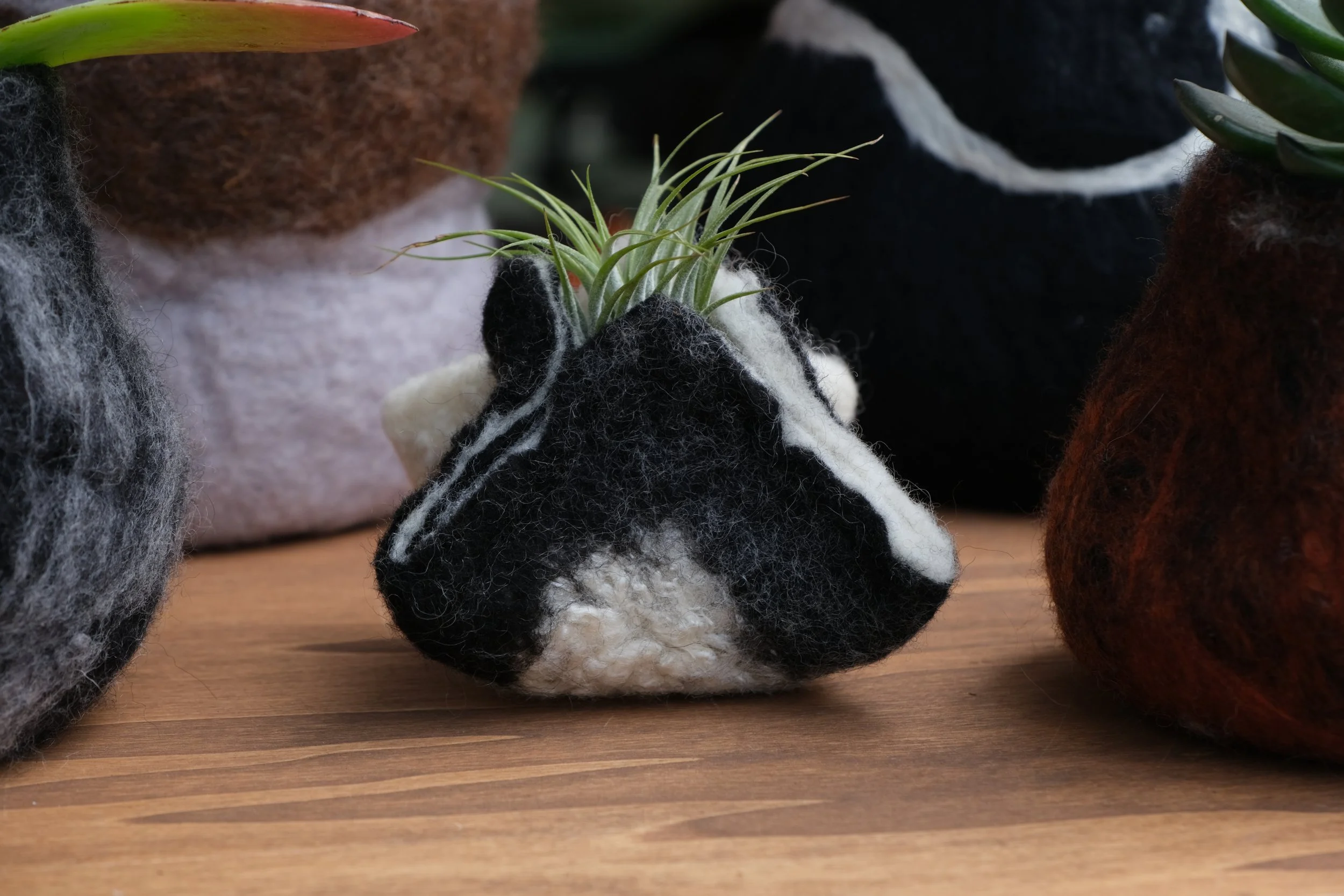"Climate Change",
"Dr. Laurie Santos",
"Hello Etsy Conference",
"Hello Etsy",
"William Henry Fox Talbot",
"economics",
"etsy",
"evolution",
"financial collapse",
"loss aversion",
"money",
"risk",
"technology"
NY Handmade Collective
"Climate Change",
"Dr. Laurie Santos",
"Hello Etsy Conference",
"Hello Etsy",
"William Henry Fox Talbot",
"economics",
"etsy",
"evolution",
"financial collapse",
"loss aversion",
"money",
"risk",
"technology"
NY Handmade Collective
Read More

